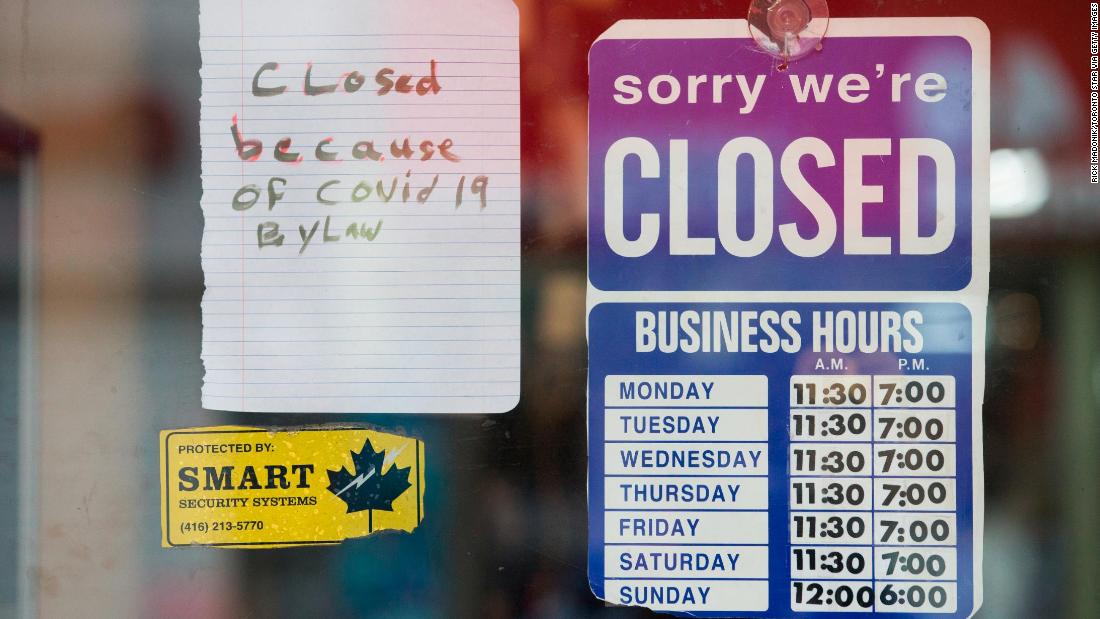“Frankly, it is frightening to see cases increasing at home and around the world, day after day,” Canadian Prime Minister Justin Trudeau said at a news conference in Ottawa on Friday, while asking Canadians to follow the health guidelines while vaccines are distributed across the country.
“The quantities of the Pfizer and Moderna vaccines will increase in February,” he said. “Remember that Canada has the highest number of guaranteed vaccines per capita in the world, which means that by September, we will have enough vaccines for every Canadian who wants to.”
Some provincial leaders said that federal authorities have not yet delivered enough doses to meet the demand for vaccines for priority groups, such as health professionals and residents of long-term care centers.
Anxiety about vaccines comes at a time when the second wave of the pandemic in Canada affects hospitals, with hospitalizations exceeding hospitalizations during the first wave.
According to the Canadian Public Health Agency, the country’s 7-day average for new daily cases is about 7,600. There are more than 4,300 people hospitalized today and more than 800 intensive care patients – a record number.
Provinces close in waves
Canada is experiencing a post-holiday increase, although most Canadians have been instructed not to meet with anyone outside their home for the holidays.
Ontario, Canada’s most populous province, has warned that its hospital system is at a breaking point and that it may soon be necessary to transfer patients from one region to another as the beds fill up.
“There will be a warning, a real warning,” Ontario Prime Minister Doug Ford said during a news conference on Friday.
And Ontario could be next, suggested Ford, saying that people need to “stay home to save lives”.
“If these basic measures continue to be ignored, the consequences will be more dire. The stoppage will not end in late January and we will have to look at more extreme measures, ”he said.
The province of Manitoba, like most other Canadian provinces, extended its blockade for two weeks on Friday, citing 355 new Covid-19 cases directly related to festive events. The authorities noted that the positive cases could have potentially infected more than 1,900 other people, with some revealing that they were in meetings with more than two dozen people.
For the first time during this pandemic, Canadian health officials in many provinces are beginning to exhaust the capacity of hospitals, with Ontario in particular struggling to create and occupy more ICU beds.
“Today’s numbers are, to put it bluntly, frightening. It’s going the wrong way,” said Dr. Barbara Yaffe, Ontario’s associate medical director of health, during a press conference on Friday when Ontario broke the record of a single day for new cases.
“We have more and more people hospitalized, more and more people with ventilators. Hospitals are beginning to have to cut back on surgeries and other important procedures that require an ICU. We have more and more outbreaks in congregated assistance, mainly of long duration. We have increased positivity rates, even in children now, “she said.
CNN’s Dakin Andone contributed to this report.
